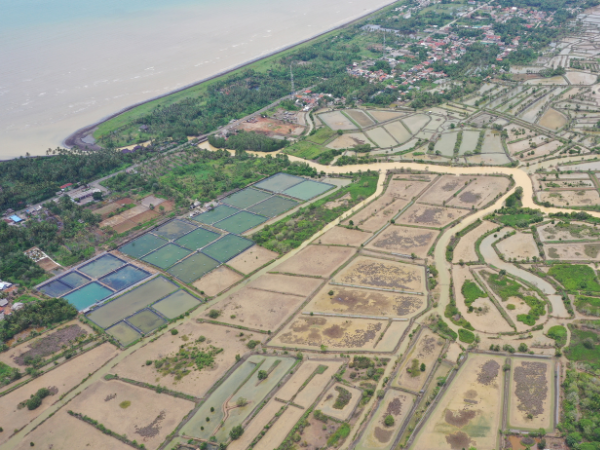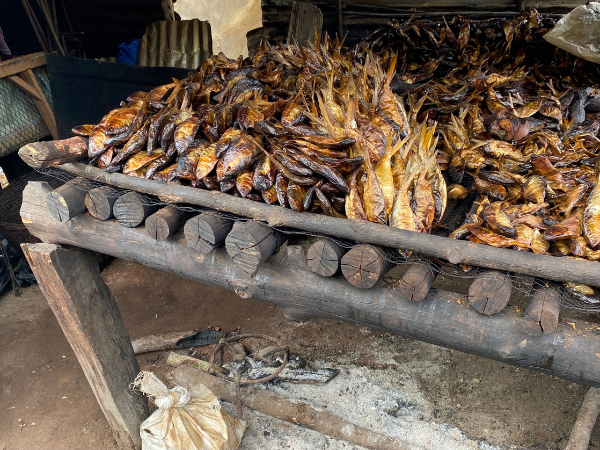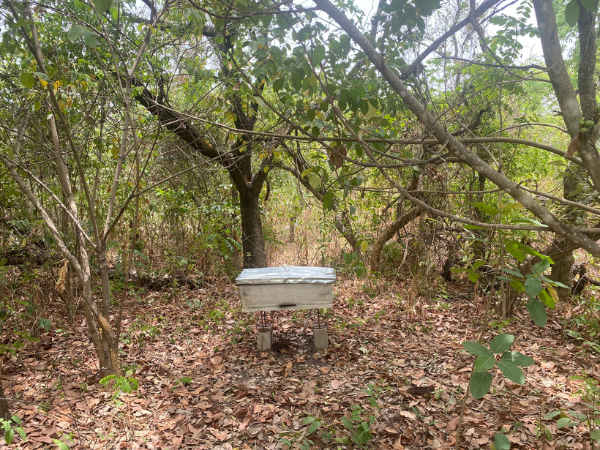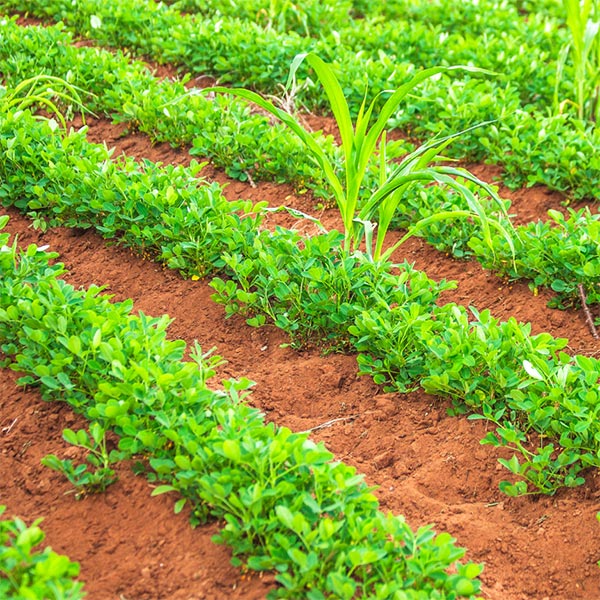
Agricultural and wood-energy sectors
Around 80% of global deforestation is linked to agriculture, whether industrialised (32%) or family farming (68%). This means that we cannot work on the conservation and restoration of forest ecosystems without taking into account the economic activities linked to them. In addition to the issues common to the three basins of developing food agriculture without deforestation, there are agricultural issues specific to each region. In Asia, deforestation is linked in particular to palm cultivation or aquaculture; in Africa, it will be linked above all to energy wood, cocoa or cotton constraints. As for Latin America, the urgent need is for the soya and livestock sectors.
Different sustainable income practices for forests
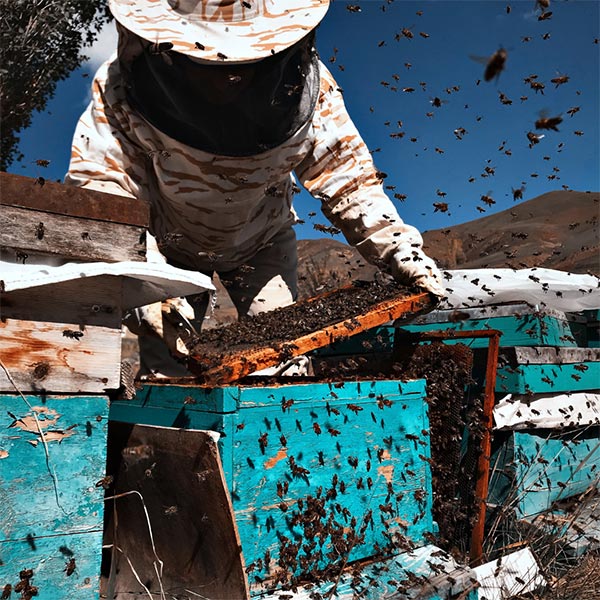
Beekeeping
in Benin helps to create forest guardians whose honey quality depends on the good health of the forests, farming activities and the limited use of fertilisers.
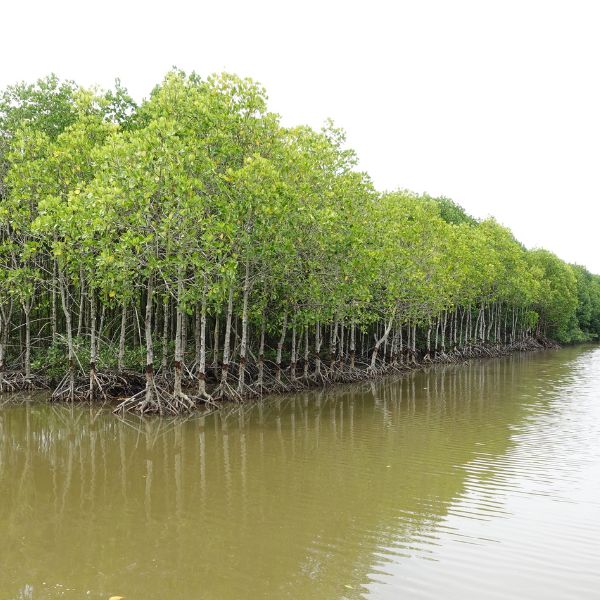
Sustainable aquaculture
in Indonesia has enabled mangrove trees to be reinstated in shrimp and crab beds, as well as reducing the use of fertilisers that are harmful to the environment.
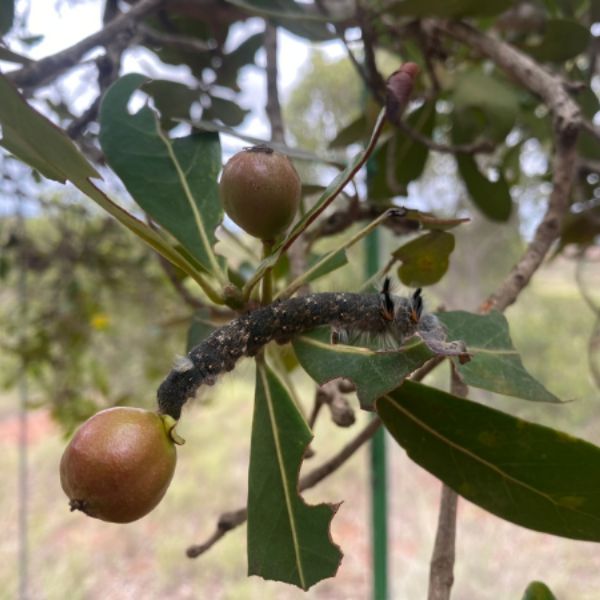
Silkworm rearing
is an ancestral practice in the Tapia forests of Madagascar, the tree being the sole host of the “landibe” which feeds on its leaves, recreating a silk cocoon activity implies for the populations better protecting these forests.
Benefits of sustainable activities and value chains for forest protection

Creating a positive interdependence between people and forests

Greater involvement of local stakeholders in conservation initiatives

Opportunity for training in more sustainable practices

Reduction of inputs harmful to the soil and biodiversity
Focus on wood energy
Wood is referred to as “wood energy” when it is used for energy purposes: production of heat, electricity or 2nd generation biofuels after processing. It is the leading source of renewable energy consumed worldwide and the leading source of energy in Africa (70% of uses according to the International Energy Agency), particularly for cooking daily meals, which is essential for the health of the most vulnerable children in particular, even if the smoke released can sometimes be toxic.
Family collection of firewood in rural areas has a limited impact on wood resources, but the urban supply of wood energy is considered to be a major cause of deforestation.
In most sub-Saharan African countries, almost all of the wood is harvested from wood resources (FAO, 2017), with less than 5% currently coming from dedicated plantations. The time needed to reconstitute the woody cover cited in the literature ranges from nine to thirty years, but most felling takes place every 7 to 15 years.
The challenge is therefore to work in the major supply basins on projects to encourage more efficient charcoal production by training charcoal makers, appropriate reforestation, and the development and marketing of improved portable and solid cooking stoves, with the close involvement of local entrepreneurs, communities and governments (Le bois, énergie de première nécessité en Afrique, Gérard Madon, 2017).
Planète Urgence’s action in the field
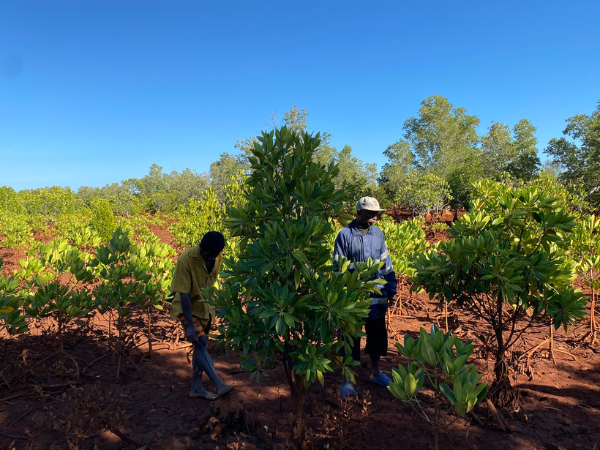
Madagascar
35,000 reforesters trained and 50,000 households benefiting from improved cooking methods to develop the wood energy sector
